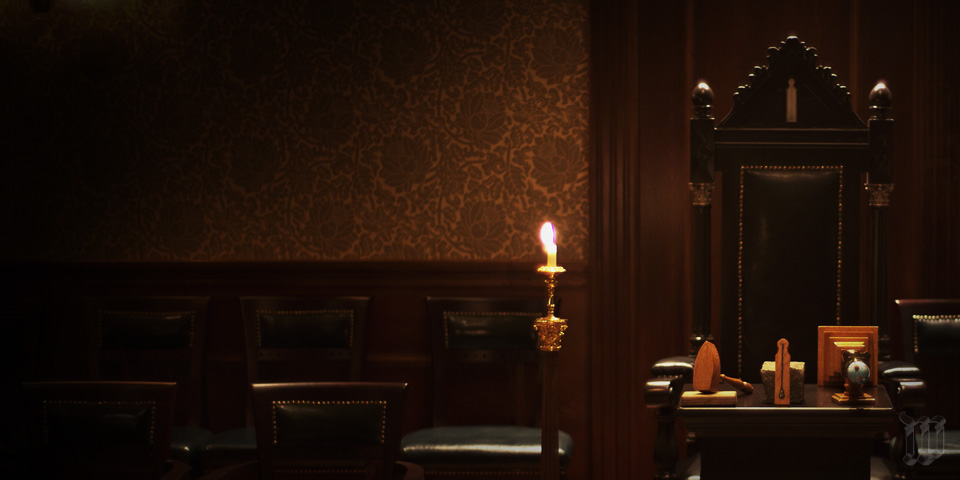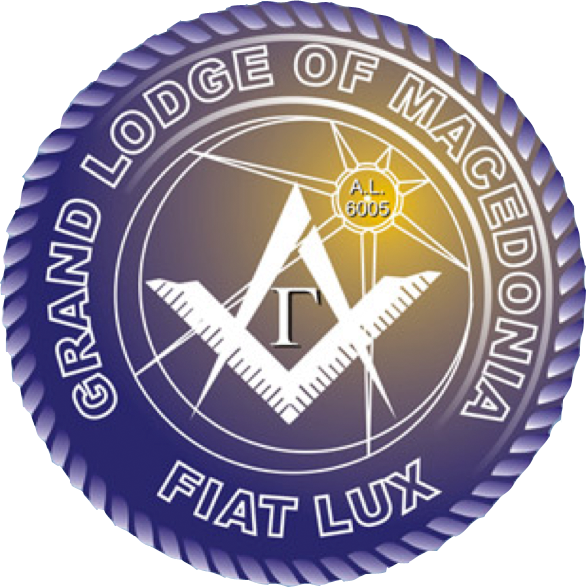History

There is no strong and definite historical informations that with sureness can answers to the questions when, where and why Freemasonry originate – one of the main reasons for numerous interpretations and speculations about its true meaning. Although the historical philosophic perspective of the Freemasonry can reach even the humanistic idea of the late Byzantine i.e. the Renaissance Neo-Platonism, probably it is too early to speak about Freemasonry before XVII century when, actually, we meet the most earlier informations for its organized existence, as it is, for example, the diary of the English scientist and antiquarian Elias Ashmole, recording his initiation in the Fraternity in 1646. Anyway, the most important historical event for the Freemasonry is its transformation in a public and organized association, namely the foundation of the first Grand Lodge in the world, in London at June 24, 1717, today as United Grand Lodge of England as well as the publishing of the first Rule book – The Book of Constitutions of Masonry in 1723, also known as Anderson’s Constitutions, for the first time publicly promoting the primary idea of the Freemasonry – honest and true friendship based on the universal moral values between people that because of different religious, political, philosophic and, generally culture stands, persuasions and beliefs, can remain on a ‘perpetual distance’. From 1717 we are recording a founding of Grand Lodges all over the world, and today’s number of about 6.000.000 members from all spheres and levels of the society, from all races, religions, or socio-economic levels, in its self speaks about the significance and the importance of this still actual and, it can be said, unfinished project of the humanity, in which, through its history, significant and progressive people have been joined, people like Newton, Benjamin Franklin, Voltaire, Goethe, Mozart, Pushkin, Liszt, Sibelius, Oscar Wilde, Carl Jung, Alexander Fleming, and many, many others.
In Macedonia, before its independency, it can be met historical data about the existence of the Freemasonry Lodges, as it is, for example, Macedonia Risorta Lodge, but also serious historical assumptions that important Macedonian individuals from XIX and the beginning of the XX century have been belonged to the Fraternity. Still, on September 30, 2005, for the first time in a Macedonian history, sovereign, independent and regular Grand Lodge of Macedonia was founded, in a appropriate founding ceremony (consecration) leads by MW Pro-Grand Master of the United Grand Lodge of England, The Most Hon., the Marquess of Northampton, DL.
Rituals, symbols, regalia
Freemasonry Rituals are non-liturgical, secular, dramaturgically structured initiation-progressive ceremonies trough which the moral and socio-ethical principles, on which the meaning of the Freemasonry is laid, are ‘experienced’ in a particular way, one spiritual journey through symbols and allegories to the deep values of the human existence, in a symbolography borrowed from the ancient stonemasons and building guilds as an allusion to the ‘building’ of a human life based on an objective and reasonable criteria, as well as good measured values, shattering the illusion of ideological, philosophical-religious or scientific prejudices and dogmas and not allowing the insurmountable differences between people to be created in the universal search for a better and happier life on which all people have equal right building valuable criteria which means one ‘upright’ stand to the life, based on the most highest and universal moral norms, and the conscience as a fundamental criteria of self-questioning principles which draws the boundaries of our actions and our freedom in the construction of the meaning of men’s life creates that ‘sacred’ space of existential transcendence from chaos to cosmos. And exactly the Regalia reflects that ‘compatibility’ between inner and outer stand and condition of the Freemason in the ritual pacinq on the symbolic socio-ethical path which in Freemasonry is ‘walkable’ through a progressive degrees and assigned duties…
